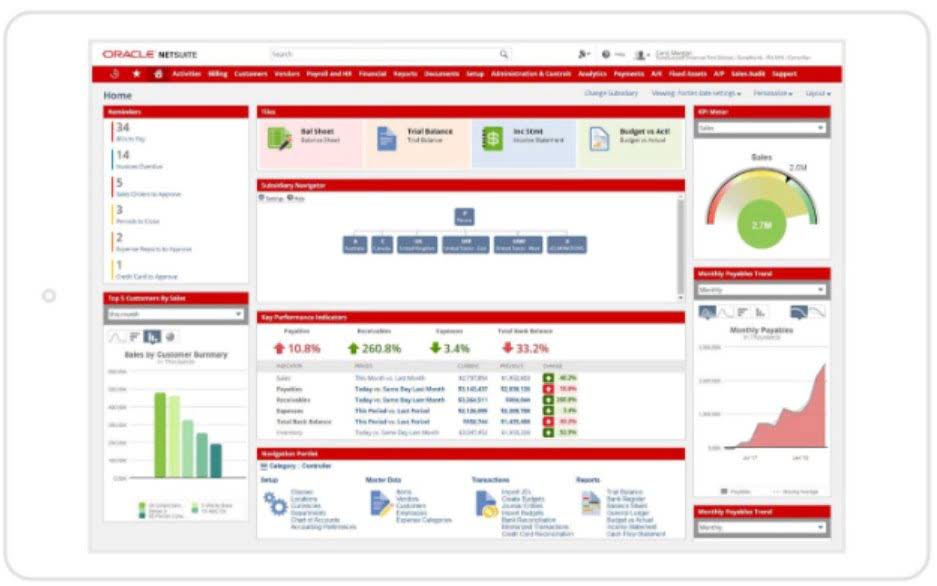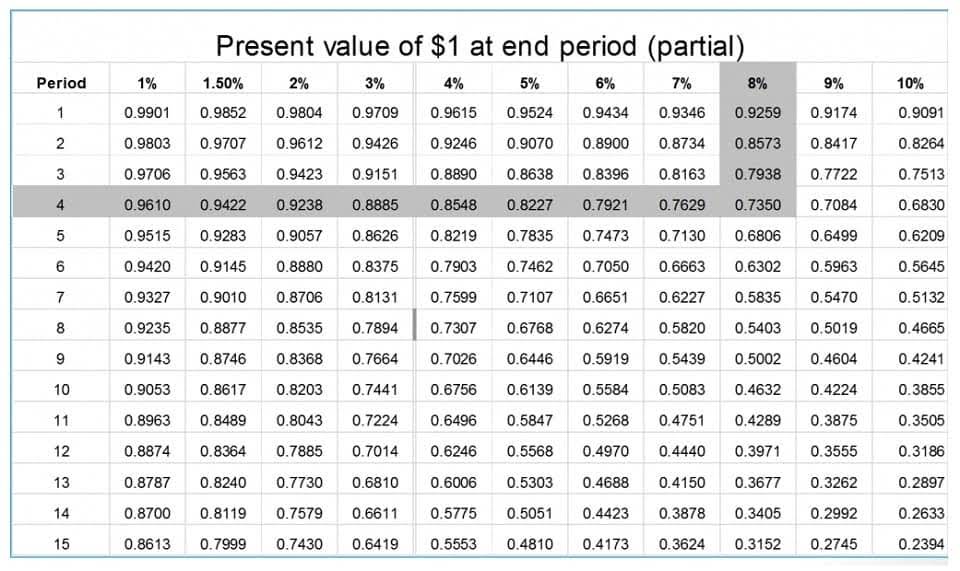03 ago Public vs Private Accounting: What They Are & Key Differences Bay Atlantic University Washington, D.C.

The largest public accounting firms, known as the “Big Four,” include Deloitte, Ernst & Young (EY), KPMG, and PricewaterhouseCoopers (PwC). This field provides critical services that keep companies running smoothly and transparently. Whether you’re considering a career in public accounting, are already on your way to becoming a Certified Public Accountant (CPA), or are simply curious about the role accountants play in our economy, this guide is for you. Public accounting is the type of accounting where an accountant acts as an independent third party with various client companies to examine the financial statements that a company is required to disclose to the public. The public accountant also supports the preparation of the financial statements to ensure fair representation of the client companies’ results, financial position, and cash flows.
Skills Required in the Public Accounting Field

They play a vital role in helping multinational companies maintain transparency and compliance in their financial operations, contributing to the stability and trustworthiness of the global financial system. Taxation is a labyrinthine world, riddled with regulations and constantly changing laws. Public accountants specializing in tax services are the guides that help individuals and businesses navigate this intricate maze while minimizing tax liabilities legally. They provide expertise on tax planning, compliance, and strategies to optimize tax positions.
Get in Touch With a Financial Advisor
Many universities and colleges offer specialized accounting programs geared toward preparing students for the CPA Exam and their future roles. While it’s not mandatory, a strong academic background in accounting, finance, and business administration can provide CPA candidates with a significant advantage. This combination prepares them adequately for the rigorous challenges of the CPA Exam and their subsequent professional roles. The combination of educational and practical experience ensures that CPA candidates have both theoretical knowledge and practical insights. Most states in the U.S. require prospective CPAs to complete 150 semester hours of college education, which is typically 30 hours more than a standard 4-year bachelor’s degree. Learners are advised to conduct additional research to ensure that courses and other credentials pursued meet their personal, professional, and financial goals.
- Engaging in internships, participating in accounting organizations, and seeking mentorship from experienced CPAs can further enhance one’s academic and practical preparation.
- They are not just historians of financial data but also forward-looking visionaries who guide businesses toward long-term success.
- Similarly, those in private accounting may move to public firms for greater exposure and variety in their work.
- By providing assurance services, CPAs audit these statements to confirm that they adhere to generally accepted accounting principles (GAAP) and other relevant regulations.
- They must maintain a high level of integrity, objectivity, and professional skepticism to ensure the credibility of financial information.
- Large public companies enlist the help of CPA firms annually in order to provide the SEC with audited financial statements and the IRS with their corporate tax return.
Career Spotlight: Jeanie Gorlovsky-Schepp, CPA
- According to the Bureau of Labor Statistics, accountants and auditors earn median salaries exceeding $77,000 per year, with the top 10% earning close to $129,000.
- While we define certified public accountants, we should understand that along with keeping and interpreting financial records they perform several additional services.
- This involves examining financial statements to ensure they are accurate and comply with relevant laws and regulations.
- Public accounting provides a strong foundational skill set, and many professionals move to private companies to take advantage of the work-life balance and focus on internal accounting roles.
- This extra requirement often leads candidates to pursue a master’s degree in accounting or a related field to fulfill this condition.
Public accountants are trained and licensed professionals who work in public accounting firms, providing professional services to clients. They are experts in financial reporting, auditing, taxation, and consulting, and they play a crucial role in ensuring the accuracy and reliability of financial information. It plays a crucial role in the growth and stability of businesses by providing a range of financial services. Whether it’s auditing, taxation, or consulting, public accountants are trusted advisors who help organizations navigate complex financial decisions and ensure financial compliance. Public accountants play a crucial role in providing financial services, ensuring compliance with regulations, and upholding the integrity of financial reporting.

Do you already work with a financial advisor?
Technological advancements, globalization, regulatory shifts, and evolving client demands are all catalysts for transformation. A private accountant’s career starts as an entry-level accountant and progresses to a top management position, such as chief financial officer (CFO). This exciting field merges elements of accounting with investigative work and financial crime prevention. According to ZipRecruiter, the national average salary for forensic accountants is over $90,900 per year Learn more about what a forensic accountant does and how to become one.
CPA Exam
This advisory role can span from mergers and acquisitions consulting, where they analyze potential financial implications public accounting meaning and synergies, to personal financial planning, assisting individuals in achieving their financial goals. Beyond traditional accounting tasks, CPAs also serve as trusted advisors to their clients, offering insights on a wide array of business matters. From understanding the intricate details of financial reporting to grasping broader business concepts and regulations, the exam ensures that CPAs are well-equipped to serve in various capacities. To become a CPA, a candidate must meet specific educational criteria, which usually includes earning a bachelor’s degree in accounting or a related field.

Understanding the role of public accountants
- Private accountants are trained to develop expertise in recording accounting transactions, which may include billings, accounts receivable and accounts payable, etc.
- Our mission is to empower readers with the most factual and reliable financial information possible to help them make informed decisions for their individual needs.
- Public accountants in the healthcare sector play a vital role in ensuring financial stability and compliance with stringent regulations.
- Investors, creditors, and the public rely on the assurance that financial information is accurate, transparent, and in compliance with established rules and regulations.
- Our writing and editorial staff are a team of experts holding advanced financial designations and have written for most major financial media publications.
- Their insights aid investors and businesses in making well-informed financial decisions.
By upholding strict ethical guidelines and professional standards, CPAs inspire trust among the public, businesses, and government entities. A CPA in this role brings financial expertise to drive financial planning, risk management, and investment strategies. In addition to fraud detection, forensic accountants often participate in litigation support, valuing businesses during disputes, or assessing potential financial damages in legal cases.
Top 10 public accountants services
Before financial papers are released to the public, public accountants must ensure that they are correct and complete for their customers. Additionally, they prepare the financial statements how is sales tax calculated to ensure fair representation of the client companies’ results, financial position, and cash flows. These are just a few examples of the numerous career options available in public accounting.

Both paths offer Airbnb Accounting and Bookkeeping unique opportunities for growth, development, and contributing to the financial success of organizations. Overall, public accounting is essential for maintaining financial integrity, promoting transparency, and enabling informed decision making. It helps businesses comply with regulations, prevent fraud, and build trust with stakeholders.


No Comments